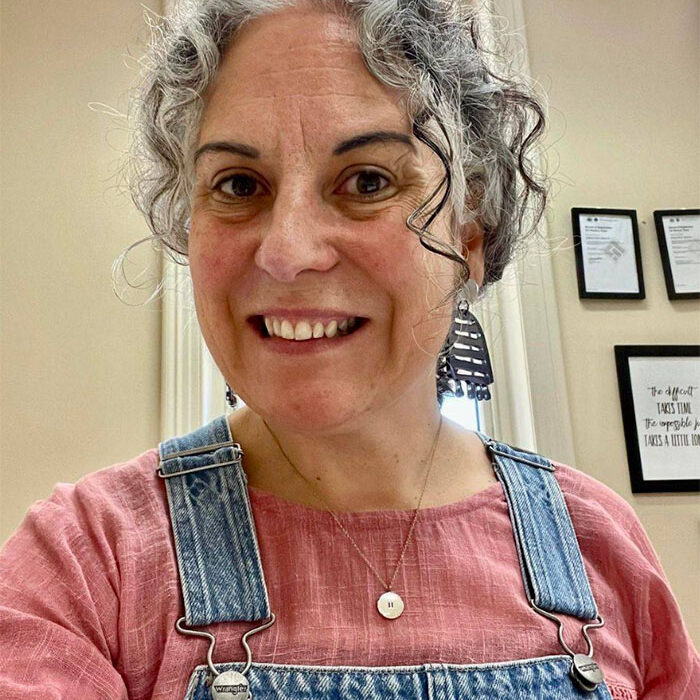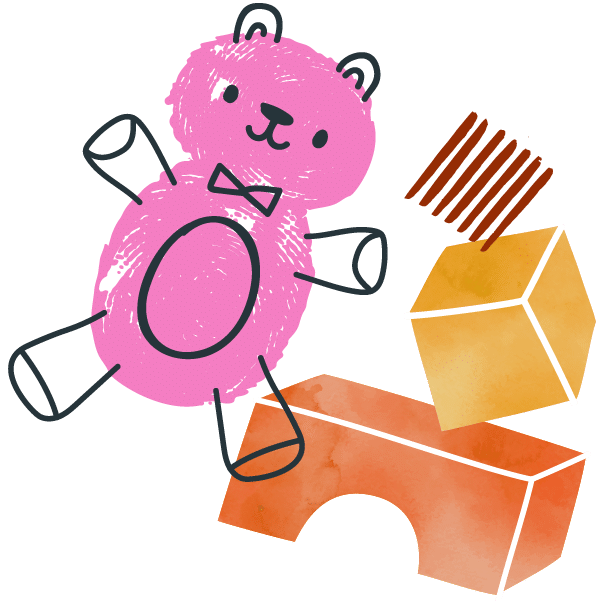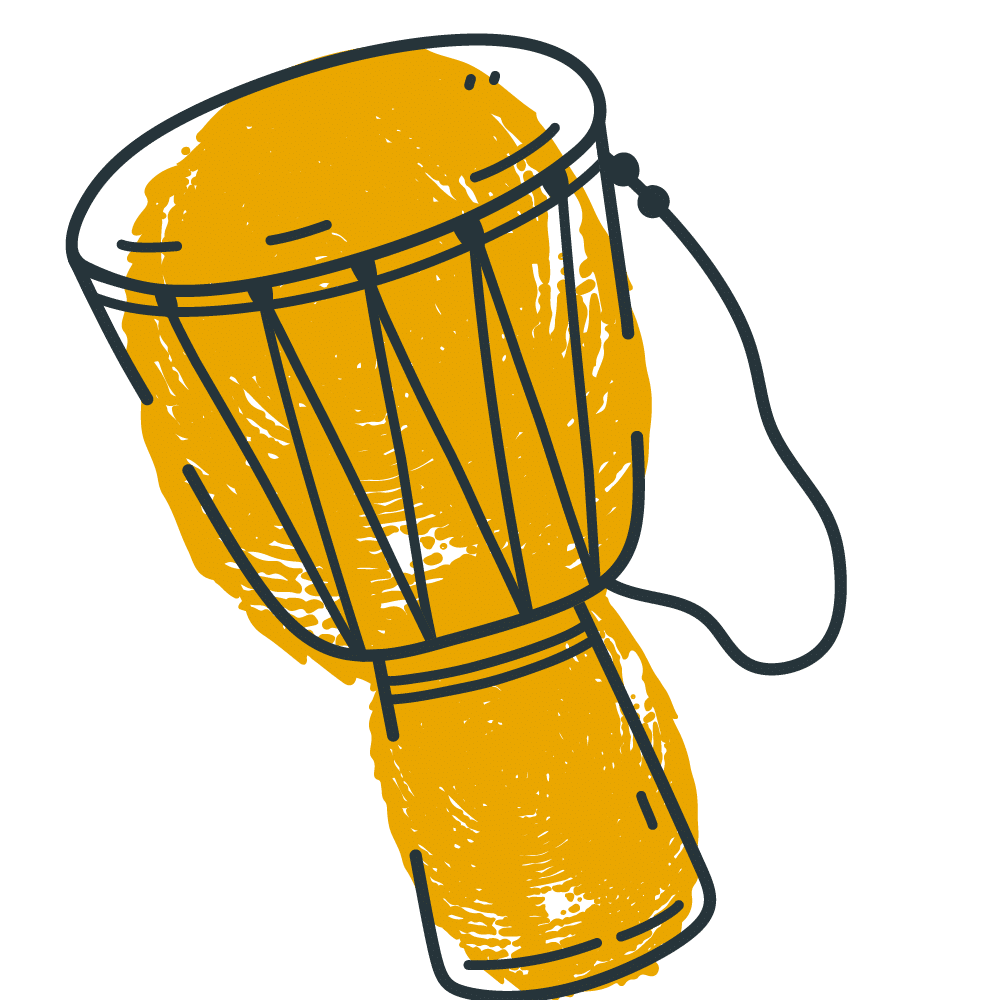
FOUNDER & DIRECTOR | ACCREDITED MENTAL HEALTH SOCIAL WORKER | CLINICAL PLAY THERAPIST | EMDR THERAPIST | MEDITATION TEACHER | CLINICAL SUPERVISOR | PhD CANDIDATE | RESEARCHER | ACADEMIC
At Side by Side Therapy, we value:
But most of all...

Work with Us
Services
Side by Side Therapy offers integrative play and creative therapy options for children from two years old, education and skill development, workshops, consultations and supervision, well as support for parents and caregivers.
Check out the
FAQ's
Still have some questions and want to see if Side by Side might be a good fit?
Still have some questions?
Get in touch!
















